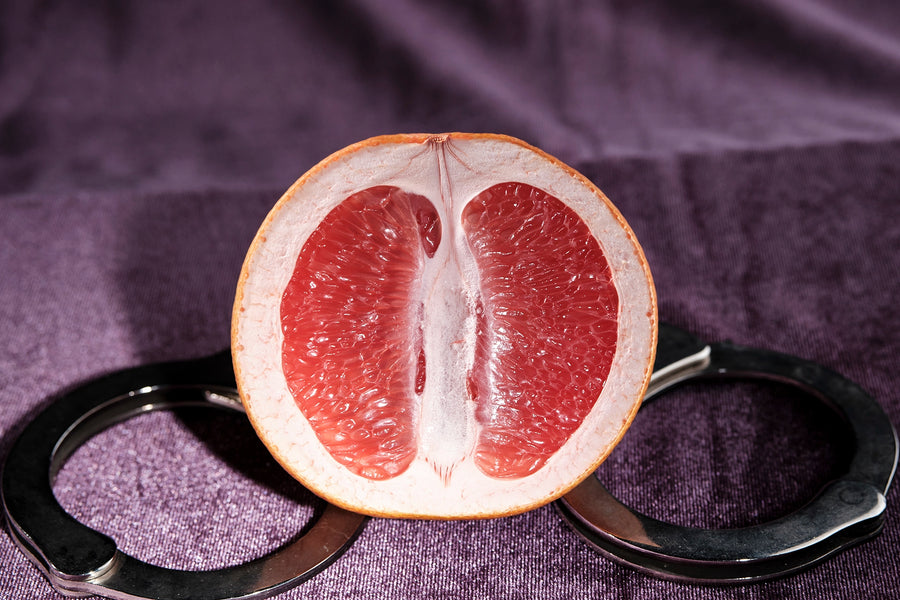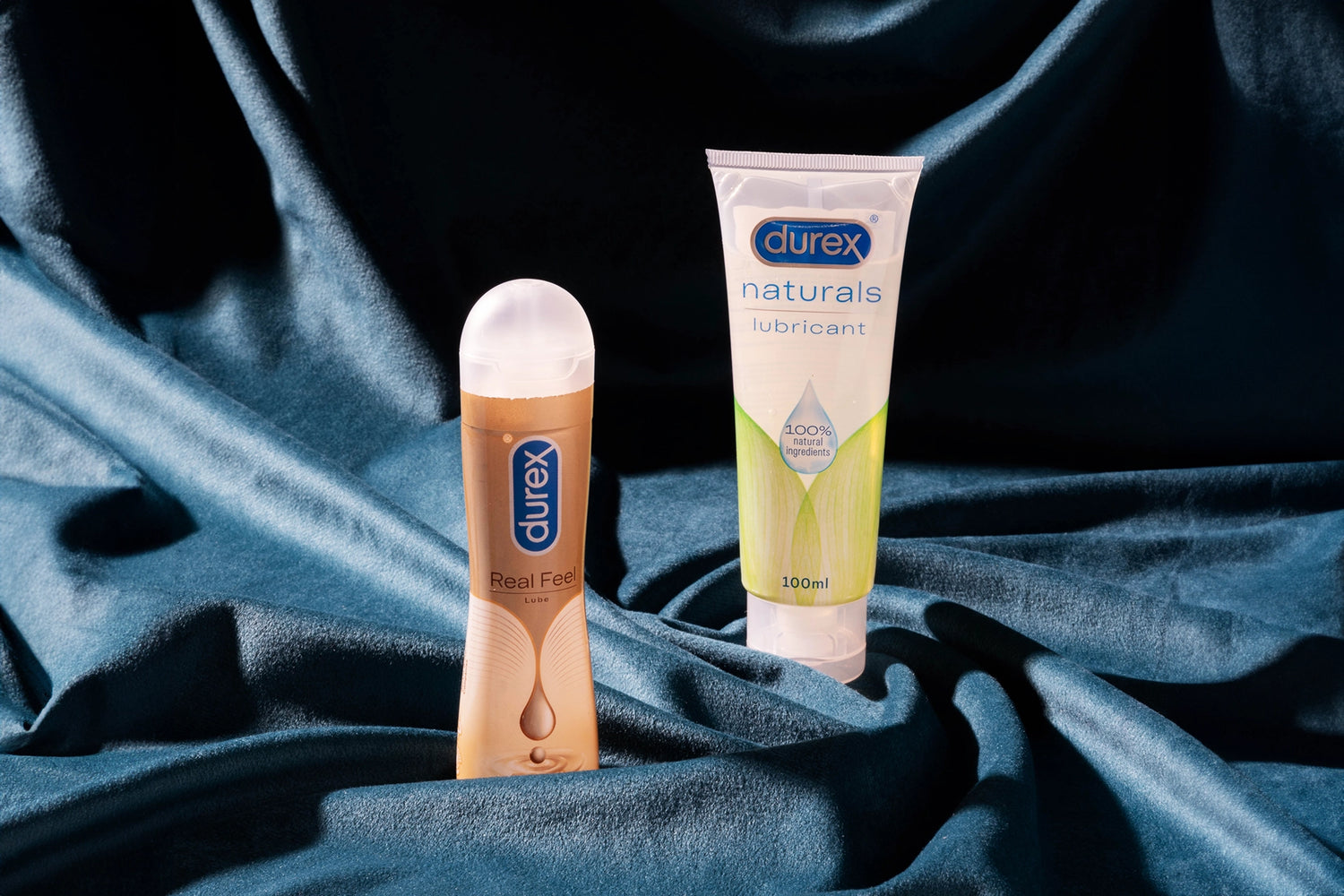
4 Popular Myths About Losing Virginity
If a cisgender woman hasn’t had penetrative sexual intercourse but has masturbated, is she a virgin?
Welcome to the often misunderstood concept of virginity. Virginity is a complex and culturally contextual concept with a subjective and open interpretation. So losing virginity could mean different things to different people.
Now what are those meanings? And why does it change for everyone? Continue reading as we answer these questions, explore the meaning of losing virginity and, most importantly, what it is not.
In this article:
What Is Virginity?
Virginity is voluntarily refraining from some or all aspects of sexual activity.
Whether or not you’re a virgin depends on you and your sexual experiences and has nothing to do with traditional definitions or others’ opinions. In the following pointers, we’ve explored what happens when you lose your virginity and what it might mean for different genders and sexual orientations:
- For cisgender men and women, virginity is often associated with the first experience of penetrative vaginal intercourse.
- For LGBTQIA+ individuals, virginity is more of a nuanced concept influenced by their unique journeys of self-discovery. It might be associated with their first sexual experience that aligns with their gender identity or with reaching personal milestones in various kinds of intimacy.
Notice how we said ‘might’ and ‘their approach’ because there’s no one-size-fits-all definition of virginity.
Inclusive discussions around virginity should be rooted in empathy and the understanding that everyone’s journey is unique and valid.
4 Myths About Losing Your Virginity
Before we discuss the myths, let’s explore how to lose virginity irrespective of sexual orientation...
- Reflect on your desires, boundaries, and comfort levels. If you have a partner, communicate these with your partner and make sure you understand each other.
- Ensure consent and remember it is an ongoing process and can be withdrawn at any time. Make sure your partner is enthusiastic, not scared.
- Create a safe and comfortable environment. Use lubricant to make the experience pleasurable.
- Use a condom and birth control. If you’re engaging in penetrative sex, withdrawal is not the way to avoid pregnancy. Plus, there’s always a risk of sexually transmitted diseases (STDs).
Embrace your unique identity and familiarise yourself with your anatomy. Some people find it easier to enjoy sex if they have an emotional connection, as it can enhance the sexual experience.
Traditionally, for cis females, virginity is (incorrectly) associated with the breaking of the hymen. The only little tidbit we often ignore to consider is — that the hymen can break due to any number of reasons, including but not limited to riding bicycles.
This perspective of defining virginity is a little too narrow when it comes to individuals, their myriad sexual experiences, gender orientations, and cultural backgrounds. Unfortunately, myths like the intactness of the hymen are far too common and, funnily enough, have nothing to do with virginity.
So, we’ve taken it upon ourselves to bust these myths.

Myth 1: Broken hymen means you’re not a virgin
Hymen is a stretchy tissue surrounding the opening of a vagina, left over from when your vagina was formed. Interestingly, the hymen has no known biological function. And yes, it does not define your virginity or say anything about sexual activity.
In fact, most people with vaginas are born without a hymen. For others, the hymen tissue could be so thin that it breaks naturally while running, playing or doing sports. Some might even have an elastic hymen that allows them to have sex without causing it to break (so no pain, no blood). So cherry ‘popping’ is a misleading expression.
Now that’s cleared, it brings us to a few commonly asked questions:
- Can a girl lose her virginity without her knowing? It depends on your definition of virginity. If penetrative sex for the first time is your definition, you will generally notice when you've lost it.
- Does fingering lose virginity? Yes, your hymen could break off during masturbating.
But it’s you who has to define whether that counts as losing virginity.
Myth 2: Losing virginity is painful
You might experience discomfort or pain during your first sexual intercourse. A few common reasons for initial discomfort could be nervousness, lack of arousal, or insufficient lubrication. It helps to keep a bottle of lube handy to ease the first-time experience. Lubrication, when done right, can reduce friction and make penetration easier.
The best advice is to focus on the pleasure, and you’ll realise losing virginity is not as painful as living with these myths.
Remember that everyone’s body and sexual experiences are unique; there’s no universal truth about the pain associated with first-time sexual experiences
Myth 3: Virginity defines your value
Virginity is not a measure of morality, virtue, or goodness. Your choices are your own and should be made from your comfort levels, desires, and boundaries. Your value is a sum of experiences, emotions, and interactions. And no sexual experience is bigger than you.
The only thing you should worry about before having your first sexual experience is whether you want to.
Engaging in any sexual activity can be a positive and empowering choice as long as it aligns with your feelings and desires. In fact, sex and masturbation are stress relievers.
Myth 4: Lose your virginity at the “right” age
Sexual readiness is a complex combination of emotional, psychological, and physical factors. It’s not something tied to a chronological age. The idea that you should lose your virginity at a certain age does nothing but create undue pressure on people.
If you’re worried about the right age, you might not truly be ready. All forms of sexual experiences, especially penetrative sex, are a big responsibility.
When you’re ready to have sex, you'll be nervous, sure, but also excited and confident.
What Happens When You Lose Your Virginity?

When you engage in sexual activity for the first time, you're embarking on a journey of connection, pleasure, and intimacy.
When you lose your virginity, physically, you may experience moments of vulnerability, excitement, and a range of exhilarating sensations.
Emotionally, losing virginity can be a time of heightened emotions, curiosity, and shared intimacy.
Now, one of the most commonly asked questions by people exploring sexuality for the first time is: Can you get pregnant without losing your virginity? Yes, it is possible to become pregnant without losing your virginity in the traditional sense. The concept of losing virginity often refers to the first experience of penetrative vaginal sex. If you haven’t had penetrative vaginal sex, you can’t be pregnant unless:
- Ejaculation occurs close to your vagina
- The condom broke
- There was no condom. The pre-ejaculate can leak and, in some cases, make you pregnant.
Virginity is a Personal Choice. Period.
In conclusion, virginity is a personal and evolving concept that varies among genders and individuals.
Everyone’s journey is unique and has nothing to do with the presence of a hymen, your values, or your culture.
If it’s your first time, engage in sexual discussions with your partner before getting intimate. Approach these discussions with empathy, gentleness, and a sex-positive attitude, and your experience will become so much better!










